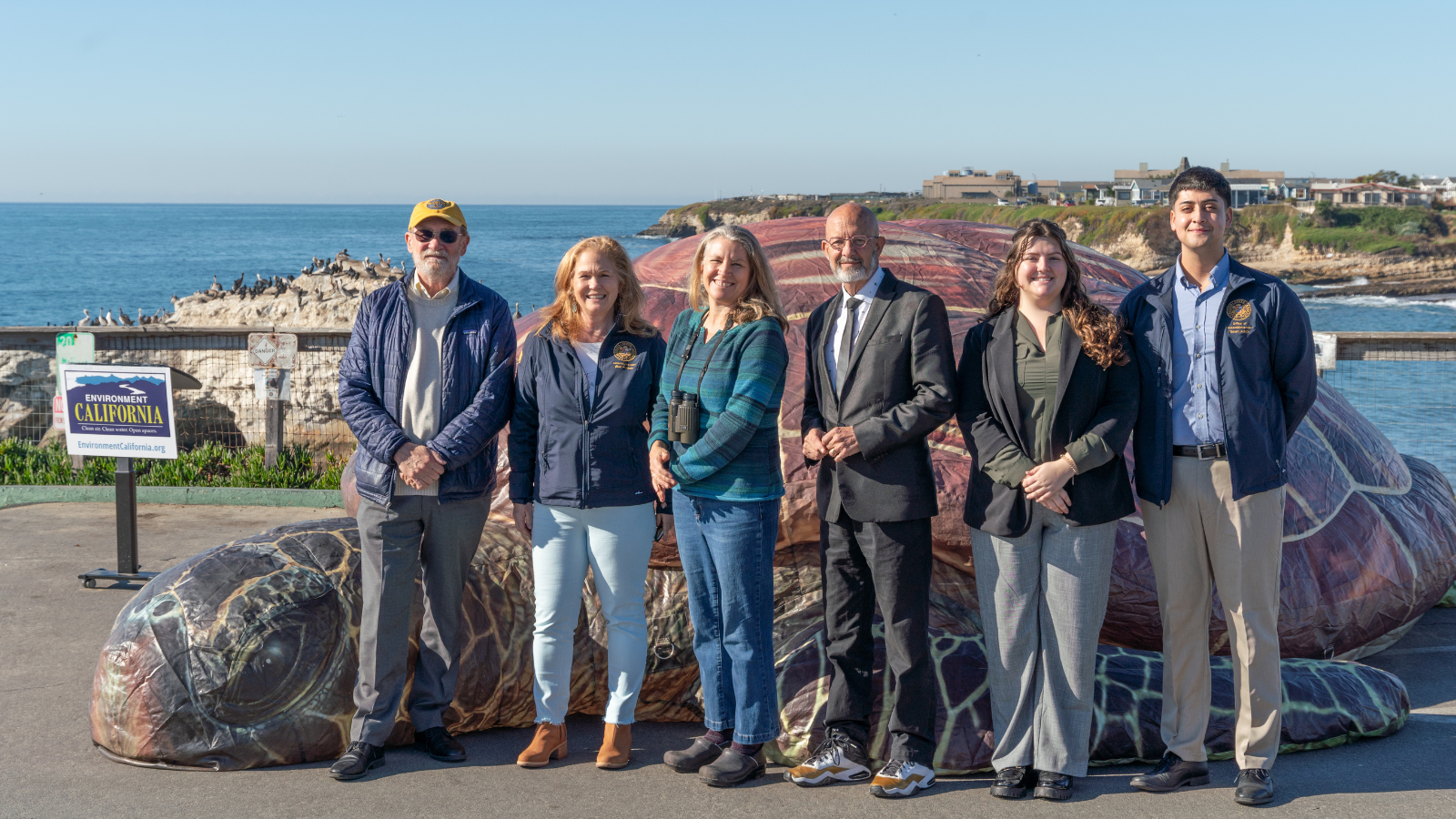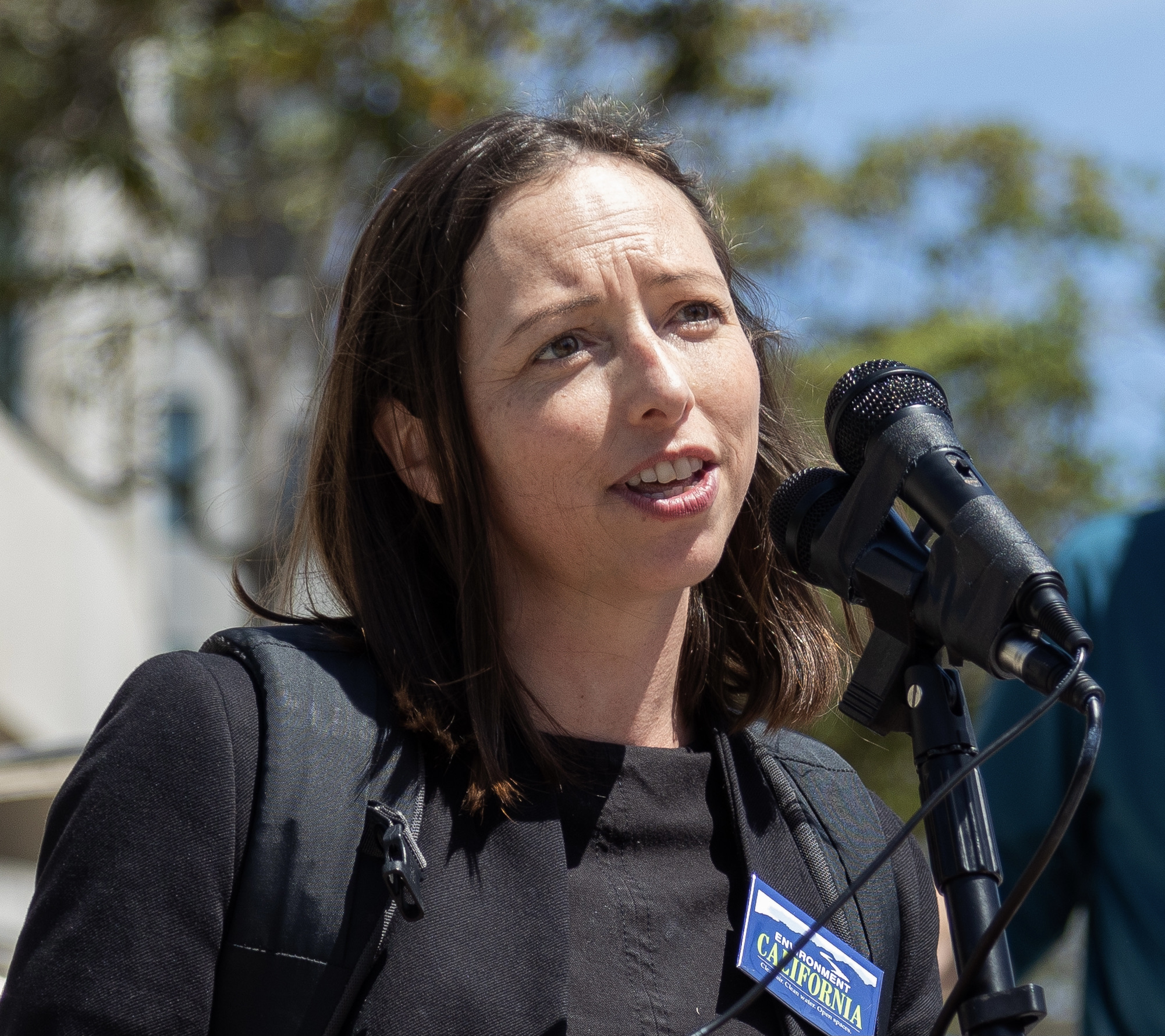
Opinion: California needs to shut down all oil drilling operations
This Opinion Editorial was special to the East Bay Times PUBLISHED: October 12, 2021 at 5:15 a.m. | UPDATED: October 12, 2021 at 5:20 a.m.
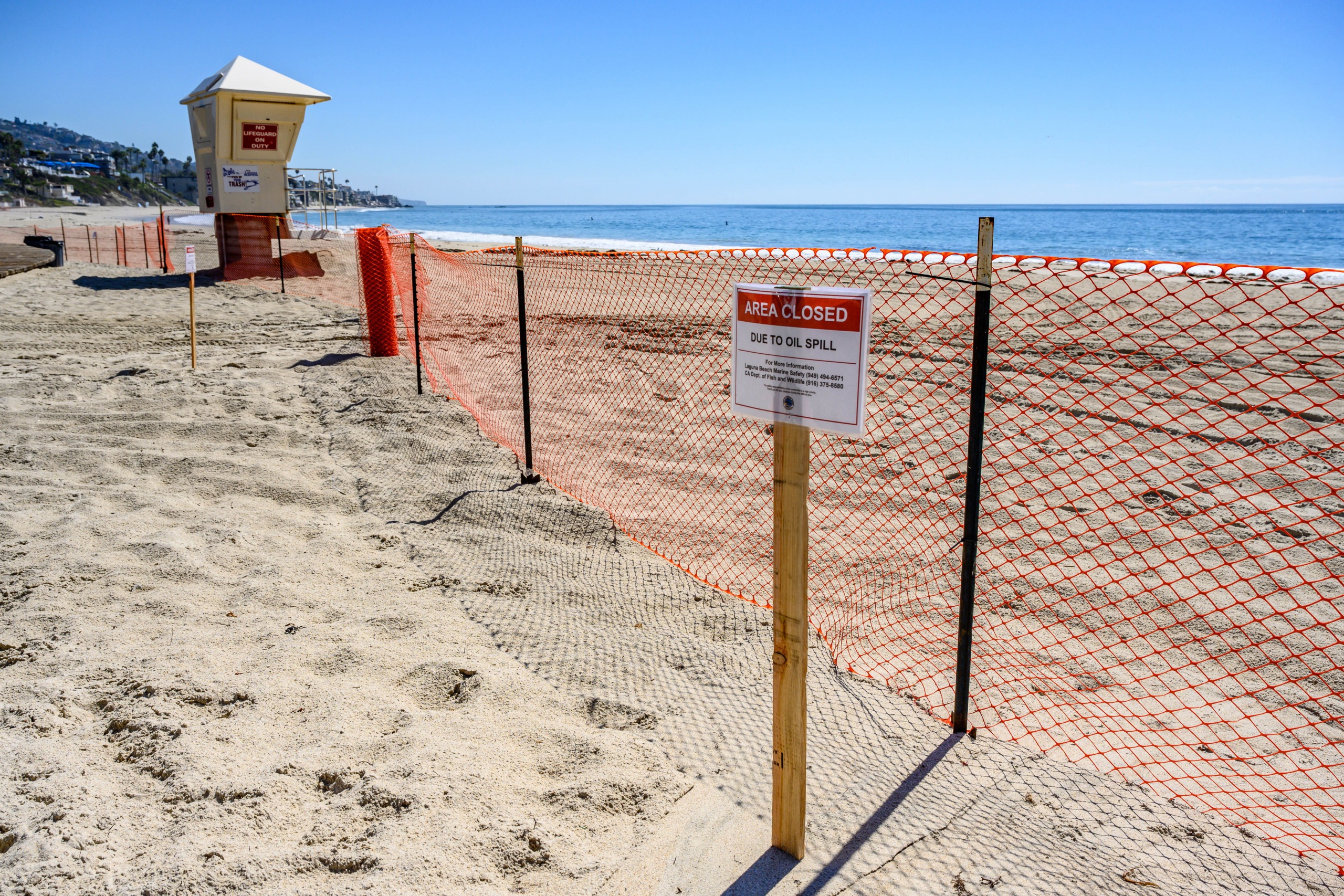
It’s not a question of better regulating the oil industry — that rig has sailed.
This Opinion Editorial was special to the East Bay Times PUBLISHED: October 12, 2021 at 5:15 a.m. | UPDATED: October 12, 2021 at 5:20 a.m.
On Oct. 1, off the coast of Orange County, an oil pipeline failed, spilling 134,000 gallons of crude oil into the ocean and creating an oil slick in the Pacific larger than Santa Monica. Oil has washed up in Huntington Beach and oozed into the Talbert Marsh wetlands, an ecological reserve for endangered California wildlife. Dead fish and birds have started washing up on California beaches, coated with black, tarry oil. And the ecological damage is still unfolding.
If only this kind of disaster were a surprise.
It’s been more than 50 years since the worst oil spill in California’s history, in the Santa Barbara Channel in 1969. Three million gallons of oil spilled into the ocean and onto beaches, killing wildlife and contaminating coastal waters from the Channel Islands all the way down to Mexico. It’s been 11 years since the worst oil spill in American history, when the Deepwater Horizon well spewed more than 200 million gallons of oil into the Gulf of Mexico over five agonizing months.
It’s been six years since the 2015 Refugio spill, where 100,000 gallons of oil tarred pristine reaches of the Gaviota Coast. It’s been just weeks since Hurricane Ida barreled through the Gulf of Mexico and left a wake of leaking oil infrastructure in its path, with 55 reports of oil spills within two weeks. The total amount of oil spilled into the Gulf last month is still unknown.
So the images we’re seeing this week are deeply saddening. But they are no surprise.
America’s offshore oil infrastructure isn’t just the rigs and tankers we can see. It encompasses countless miles of pipelines, some in use, some abandoned, that lie hidden on the ocean floor, connecting the rigs to onshore facilities. All that piping is invisible until another catastrophe strikes, and oil rises to the surface, killing ocean life. That’s when we get reminded of the cost of human reliance on fossil fuels.
The 13-square mile slick created by the Huntington Beach spill, the onshore stench, the black tar on the beaches, all only hint at the larger consequences. Beaches will remain closed and potentially dangerous for months. Countless fish and birds will die, far beyond the six miles of shoreline that are currently affected. Southern California’s coastal waters, with rafts of sea lions and pods of migrating whales, will take years to recover. The pandemic antidote of a walk on a beach is not available here anymore.
It was all preventable.
It’s not a question of better regulating the industry — that rig has sailed. Beta Offshore, the owner of this latest broken pipeline, has been cited by regulators 100 times in the past 11 years. And Beta is not alone in its failure to prevent disaster: In 2018, there were 137 oil spills in the United States. It’s sadly simple: When we drill, we spill.
So we need to stop. Stop selling drilling leases, stop adding new wells and new rigs in the open ocean, and shut down the rigs operating today.
California’s elected officials should deny permit renewals for existing rigs and pipelines, taking old infrastructure out of production. They should forbid the construction of new onshore facilities that service the rigs. They should use all the tools they have — zoning, permitting and more — to not only stop the spread of the problem but to actually eliminate it.
California’s conversion to 100% clean electricity, currently scheduled for completion in 2045, can’t come soon enough, and must include the capacity to electrify our transportation system using clean and renewable energy. We also must take steps to reduce our energy use, to conserve across the board. We must do what it takes to wean ourselves off oil.
Humans have used ingenuity and tenacity to create the easiest living conditions any generation has ever experienced, but no matter how smart we are, we can never be independent of the natural world. We need living oceans — for food, for respite, for life. To ensure that we will have those benefits for years to come, we need to end offshore drilling now, and for good.
Laura Deehan is the state director of Environment California.
Tell Congress: End offshore drilling
Topics
Authors
Laura Deehan
State Director, Environment California
Laura directs Environment California's work to tackle global warming, protect the ocean and fight for clean air, clean water, open spaces and a livable planet. Laura stepped into the State Director role in January, 2021 and has been on staff for over twenty years. She has led campaigns to make sure California goes big on offshore wind and to get lead out of school drinking water. As the Environment California Field Director, she worked to get California to go solar, ban single use plastic grocery bags and get on track for 100% clean energy. Laura lives with her family in Richmond, California where she enjoys hiking, yoga and baking.
Find Out More
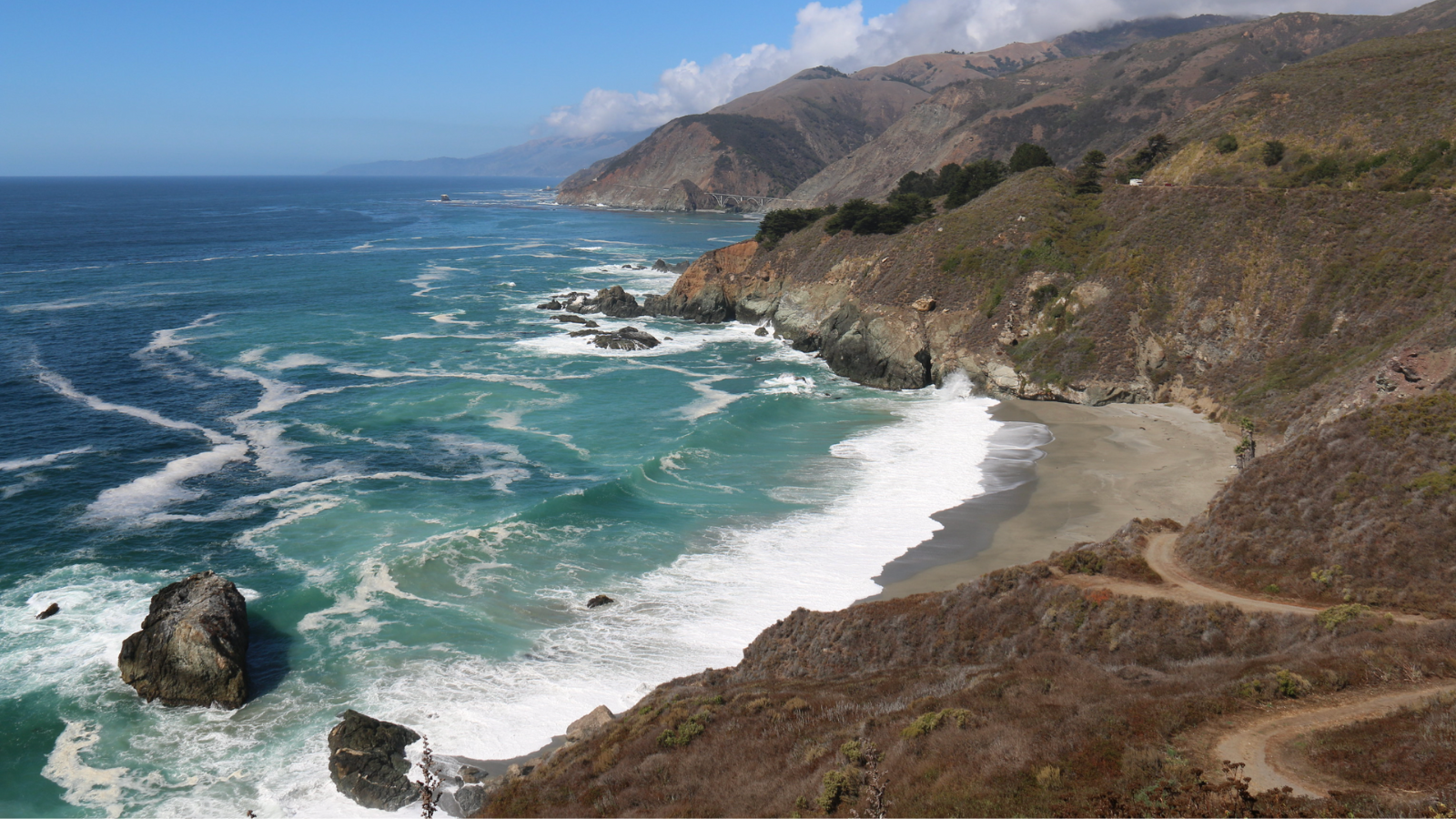
California’s ocean life is threatened
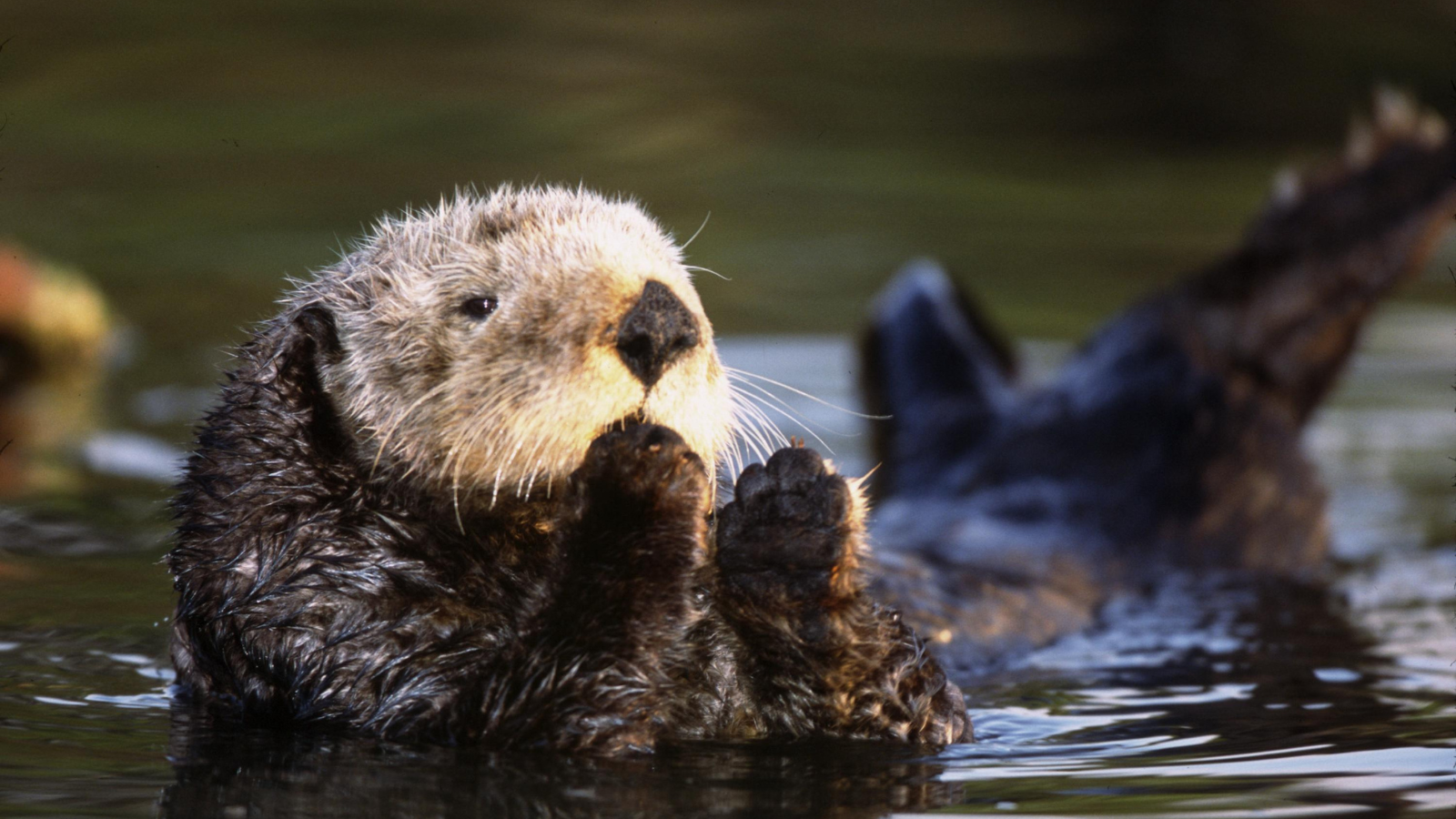
Save sea otters, protect the ocean
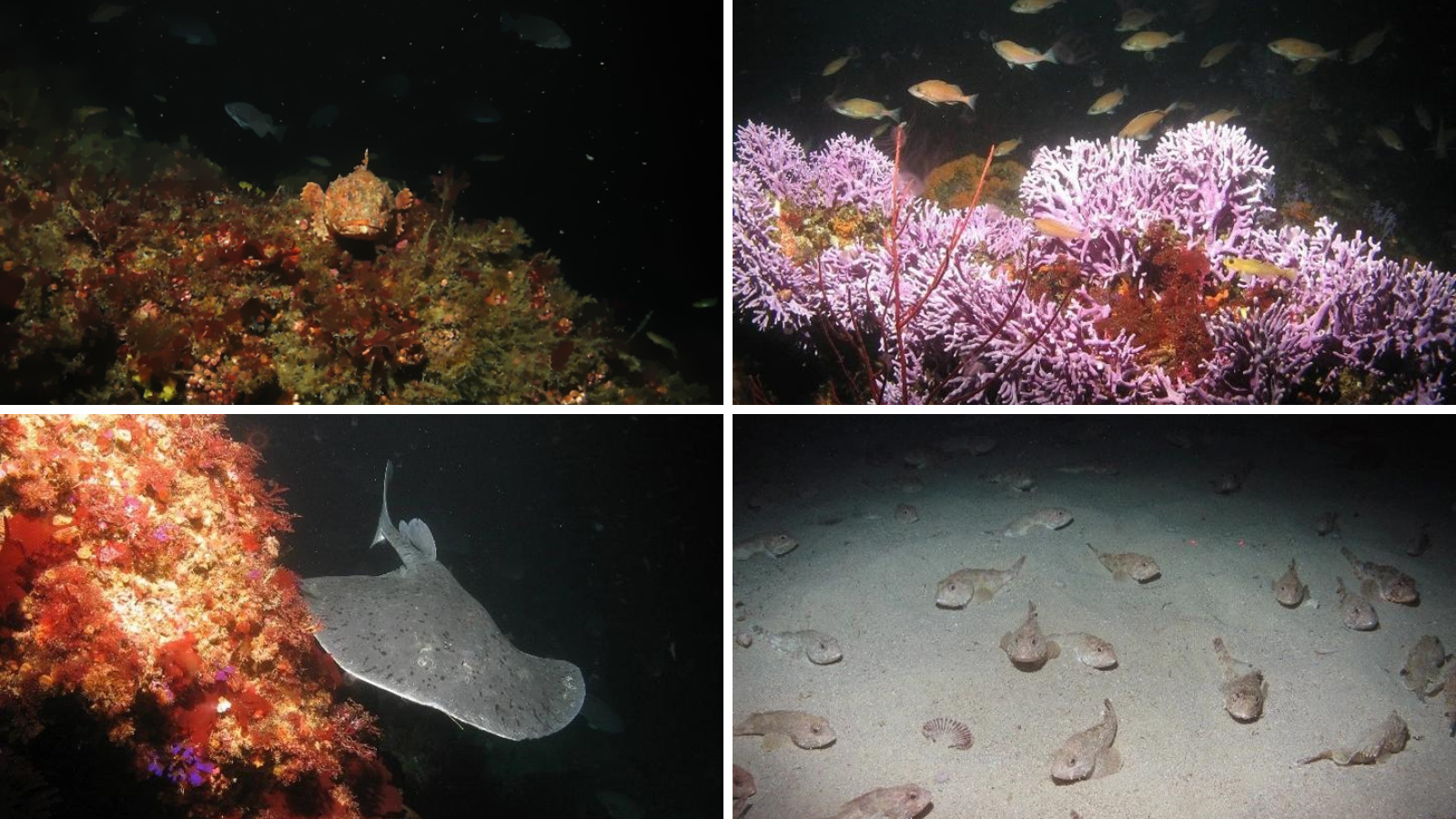
Strengthening protections for our coast’s best places
